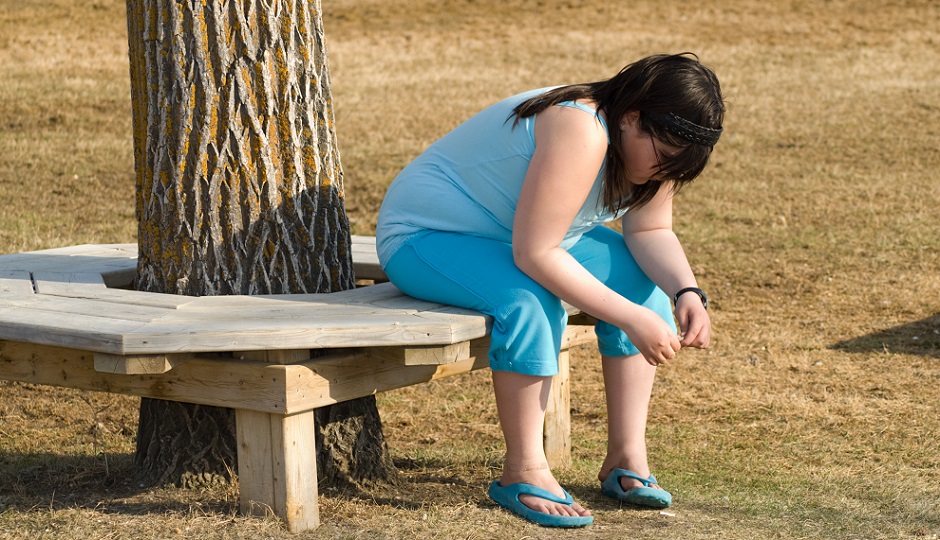
Children grow up in an environment where technology is omnipresent and the idea of gaining weight is seen as terrifying.
As they approach adolescence, children have to deal with body changes and weight gain. However, changes in body weight do not follow the same pattern for all young people, and may differ for girls and boys. Between the ages of 8 and 14, the 462 young people in our study showed stable weight change trajectories. Specifically, their body mass index (BMI) changed little over time, regardless of whether they were thin, overweight, obese or of normal weight.
There is a continuing need for improved education and intervention aimed at obesity prevention and weight loss.
That said, when BMI did change, sex differences were observed: girls tended to gain weight, while boys lost weight. Youth with a higher BMI were more likely to have overweight or obese parents. They were less physically active and experienced far more weight-based bullying than their thinner counterparts. Overweight and obese girls were particularly affected by their appearance. Their body dissatisfaction may contribute to the adoption of attitudes and weight-control behaviours that are harmful to their health and growth.
It seems clear that there is a continuing need for improved education and intervention aimed at obesity prevention and weight loss for children and youth aged 8 to 14. These efforts need to take psychosocial well-being into consideration, and must include recognized, empirically tested strategies for improving body satisfaction and eliminating weight-based bullying.
Main researcher
Annie Aimé, Université du Québec en Outaouais
Deposit of the research report: June 2014
